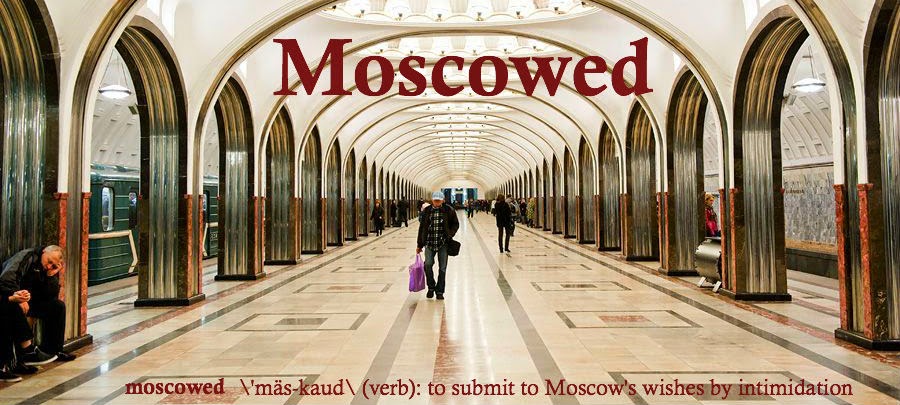 |
| Photo credit: Liz |
Pryaniki are the Russian equivalent of gingerbread, but unlike their American counterpart, they are not liable to break your teeth. Where the American gingerbread man is hard and flat, the Russian pryanik is soft and pillowy. I’ve had a thing for them since I tried one in Izmailovsky Park on a crisp, autumn day in 2005, but every single one I’ve had since has been store-bought, slightly stale, and mostly underwhelming. Even so, I got it into my head that I wanted to make pumpkin pryaniki, something of a Russian classic with an American twist. Problematically, there were exactly zero recipes on the internet for “pumpkin pryaniki.”
I would have had more luck if I had searched in Russian, but embarrassingly, that only occurred to me now. Instead, I started with this recipe for Pryaniki with Mint Glaze from Natasha’s Kitchen (one of my favorite Russian food blogs, and not just because she grew up in Washington, too) and then threw in a bunch of spices and pumpkin and made my own glaze because pumpkin and mint don’t really mix.
Normally, I wouldn’t bore my readers with my cooking endeavors and my terrible food photography, but there are a decided lack of pumpkin pryaniki recipes out there and I didn’t want to deprive the English-speaking world of these cookies. Both times I’ve made them, they’ve been devoured by Russians and Americans alike, and my friend Ksenia’s mother even asked for my recipe, so you know they’re the real deal. Without further ado, here’s the best thing to happen between Russia and America since…well, maybe ever.
Pryaniki Ingredients:
2 large egg yolks
2 cups sugar
1 cup sour cream
1 cup homemade pumpkin puree (you could use canned if you have no self-respect)
1 teaspoon baking soda
½ teaspoon white vinegar
½ teaspoon salt
2 teaspoons ground cinnamon
2 teaspoons ground nutmeg
1 teaspoon ground cloves
½ teaspoon ground ginger
1 teaspoon pure vanilla extract
5 cups all-purpose flour
Pumpkin Glaze Ingredients:
2 cups powdered sugar
2 teaspoons pure vanilla extract
4 tablespoons whole milk (3.2% milk if you live in Russia)
2 tablespoons homemade pumpkin puree
Instructions:
- Preheat the oven to 350°F (175°C for those of you in Russia). Line a large cookie sheet with parchment paper.
- In a mixing bowl, whisk together 2 egg yolks and 2 cups of sugar. When they’re good and mixed, add 1 cup of sour cream and 1 cup of pumpkin puree and whisk until creamy.
- In a small bowl, mix 1 tsp baking soda and ½ teaspoon vinegar (it will bubble). Add that to the mixing bowl as well.
- Add ½ tsp salt, 1 tsp vanilla extract, and all of the spices to the mixing bowl, then whisk everything together until well blended.
- Slowly add the flour, about ½ cup at a time, to the mixing bowl. After the first 2 cups of flour, you’ll probably have to switch from a whisk to a spoon, and around 4 cups, you’ll just want to use your hands.
- Once thoroughly mixed, lightly flour your hands and form the dough into balls about the size of golf balls.
- Place the dough balls on the parchment papered cookie sheet and slightly flatten them. Bake at 350°F for 25-28 minutes, or until they are just beginning to turn golden brown. Remove immediately.
- While they are still hot, dip each cookie into the glaze, which you hopefully made while the pryaniki were baking. (To make the glaze, dump all the glaze ingredients in a small bowl and mix them up).
- Spread the glaze evenly over the tops of your pryaniki (your fingers will work best here). Once glazed, place the cookies on a cool dry surface and let the glaze dry.
- Once the glaze hardens, turn the cookies over and glaze the bottoms. Make sure the glaze completely covers the cookie—it will keep them moist and delicious for a few days. When the glaze sets, serve with a glass of milk or tea and enjoy!
 |
| I told you my food photography skills are terrible |




